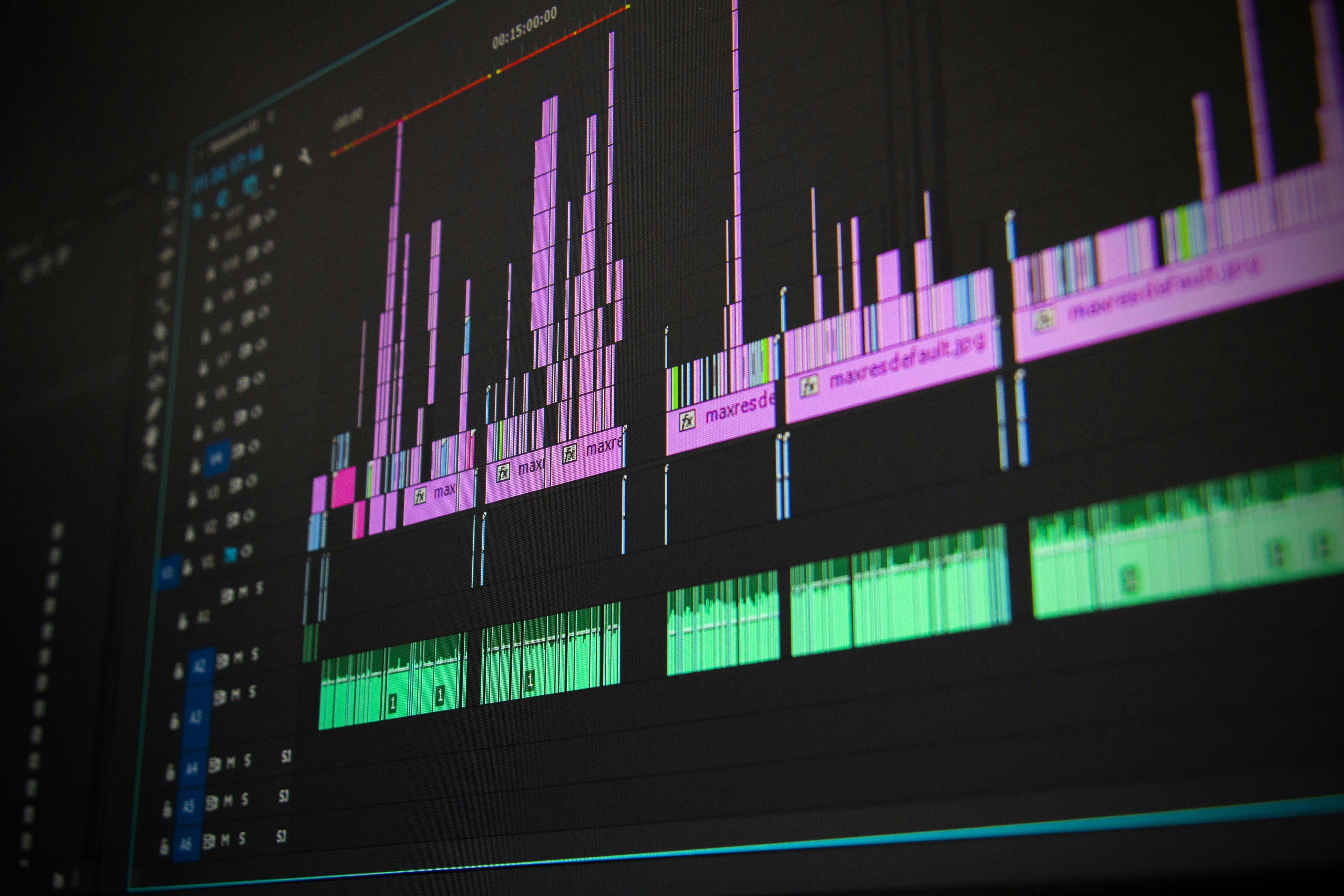Meal timing and mental clarity: practical scheduling tips
Meal timing influences more than hunger—when and how you eat can shape attention, stress levels, and sleep quality. This article offers practical scheduling tips that link meal timing with circadian cues, light exposure, hydration, movement, breathwork, and simple rituals to support clearer thinking and steadier mood throughout the day.

When you tune meal timing to biological rhythms and simple daily practices, mental clarity becomes easier to sustain. Consistent eating windows help stabilize blood sugar and attention, while pairing meals with hydration, short movement breaks, and intentional breathwork can reduce stress and support recovery. The guidance below focuses on practical, repeatable steps—aligned with circadian cues and light exposure—to improve focus and mood without drastic dietary changes.
This article is for informational purposes only and should not be considered medical advice. Please consult a qualified healthcare professional for personalized guidance and treatment.
Circadian cues and meal timing
The circadian system helps determine when hunger and cognitive peaks occur. Scheduling a substantial breakfast and a balanced lunch earlier in the day typically aligns with higher metabolic activity and stronger focus. Aim for consistent meal windows—eating within similar time frames daily—so blood sugar and attention patterns become more predictable. Avoiding very late heavy meals supports overnight recovery and prevents shifts in circadian timing that can erode next-day focus and mood.
Light exposure and grounding for focus
Morning light exposure is a powerful cue for the body clock and can enhance alertness before your first meal. Spend a few minutes outside or near a bright window before breakfast to reinforce circadian timing. Short grounding practices—such as a brief walk outside, standing barefoot on grass when possible, or simply moving calmly in natural light—help reduce mental fog and support attention. Combining light exposure with a mindful meal start can create a clearer transition into productive work.
Hydration, movement, and microbreaks
Hydration supports cognition: start the day with a glass of water and continue sipping throughout the day to avoid subtle dehydration that impairs focus. Interleave meals with light movement—short walks or mobility routines—to aid digestion and sustain energy. Microbreaks of three to five minutes each hour, featuring standing, stretching, or paced breathing, restore circulation and sharpen attention. Building these brief pauses into a schedule reduces accumulated stress and improves recovery between tasks.
Breathwork and rituals to reduce stress
Simple rituals and breathwork before or during meals can reduce stress responses and improve digestion, which in turn supports clearer thinking. A two-minute diaphragmatic breathing exercise before eating lowers sympathetic activity and helps you respond more calmly to work demands. Rituals—such as pausing to set an intention, eating without screens for a set time, or mindful chewing—encourage slower consumption and steadier blood sugar, enhancing both mood and sustained focus.
Sleep quality, recovery, and mood
Meal timing directly affects sleep quality and overnight recovery. Finishing larger meals two to three hours before bedtime reduces the chance of disrupted sleep, which is essential for cognitive recovery and daytime attention. Choosing dinners with a balance of protein, fiber, and healthy fats supports stable overnight blood sugar and mood regulation. Over time, consistent scheduling that respects sleep rhythms improves recovery and reduces daytime stress and irritability.
Practical schedule for attention and focus
Design a weekly rhythm that aligns with your day: consistent wake time, morning light exposure followed by breakfast, a substantial midday meal, and a lighter evening meal completed well before sleep. Add 5–10 minute movement sessions between eating windows and set hydration reminders. Use microbreaks and brief breathwork around meals as transition points to reset attention. Track how changes affect your focus, mood, and recovery for several weeks and iterate—small, steady adjustments often produce durable improvements.
Conclusion Aligning meal timing with circadian cues, light exposure, hydration, movement, and brief rituals supports clearer thinking, steadier mood, and better sleep quality. These scheduling habits are practical and adaptable: consistent windows, short microbreaks, and mindful pre-meal routines help reduce stress and improve attention without major lifestyle overhaul.





